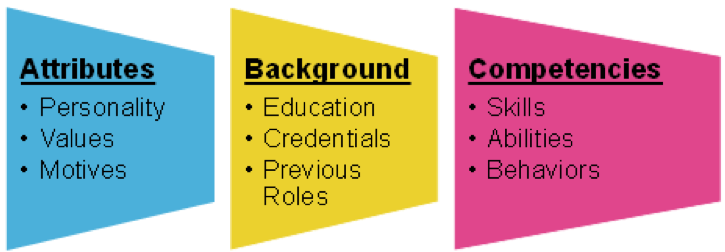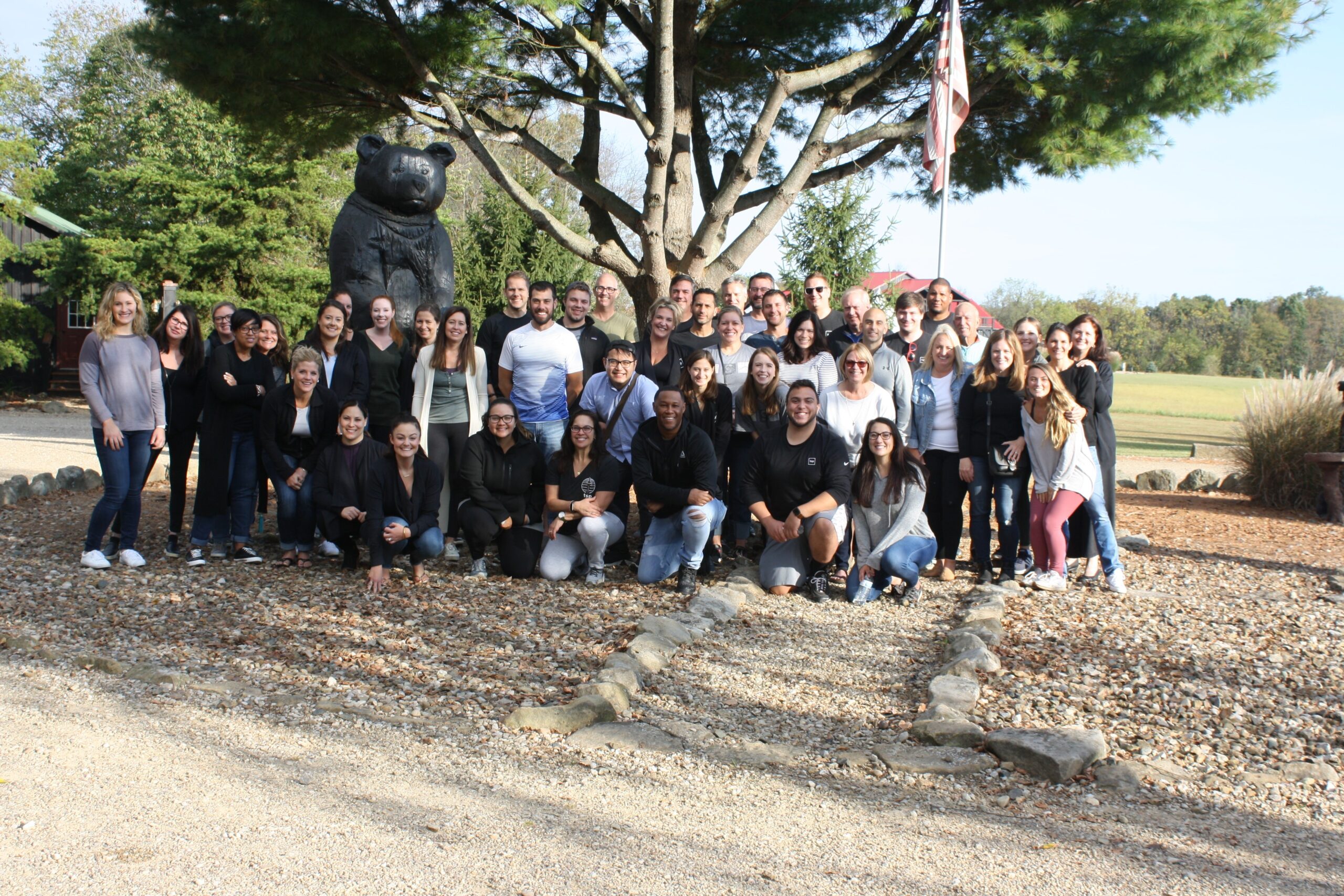The ABCs of Success
The first post of this series introduced a simple and comprehensive model for making great talent decisions – “The ABCs of Success”. The second post explained why great talent decisions must take into account a candidate’s attributes – attributes tend to be consistent over time, and they influence job performance. The third post offered two practical tips to effectively explore a candidate’s background.
The final post of the ABC series explores the “C” – competencies.
Competencies are the skills and abilities that a person has developed. Some might say competencies are just the observable part of one’s attributes, but competencies are more than that. We all have skills and abilities we’ve developed that were not ‘hard-wired’ in any sense. A simple example is typing on a keyboard without looking at the keys – this is a common skill that people possess but not something that we naturally knew how to do.
Assessing candidates’ competencies is critical to making great talent decisions. The pace of change in organizations is rapidly accelerating, creating job contexts that look different today than they did yesterday. As a result, what someone has done is not the only predictor of what they can do. This means that competencies should be assessed against what will be needed for success in the future, based on things like the strategic direction of the organization and foreseen challenges facing the group or function.
The best way to assess competencies is to see how candidates respond in situations that are as close to the kinds of situations they’re actually going to face.
At TSP, we leverage both role plays and situational judgment questionnaires to assess candidates’ demonstrated competencies relative to the client’s competency model for the role.
In role plays, a trained assessor rates a candidate’s performance in a high-fidelity (close to real life) work situation. At TSP, our Industrial/Organizational Psychologists work alongside the client to get a clear understanding of the kinds of situations candidates will face in role and create content to bring those situations to life.
Our situational judgment questionnaire, tspFOCUS, is a proprietary platform where candidates provide their “most” and “least” likely choices to a variety of work-related situations that were created in partnership with the client. Having candidates choose both “most” and “least” likely responses hones in on their core tendencies and equips hiring managers to dig deeper into the candidate’s reasoning during the interview.
Using our ABC model, our team of Industrial/Organizational Psychologists has helped numerous clients make great talent decisions. Remember, making great talent decisions requires using a model that has both simplicity and comprehensiveness.
If a model is simple, then it is more likely to be followed consistently across time and location. If a model is comprehensive, then organizations are getting a full picture of a person
We can help you take your talent to the next level so contact us to learn more.




